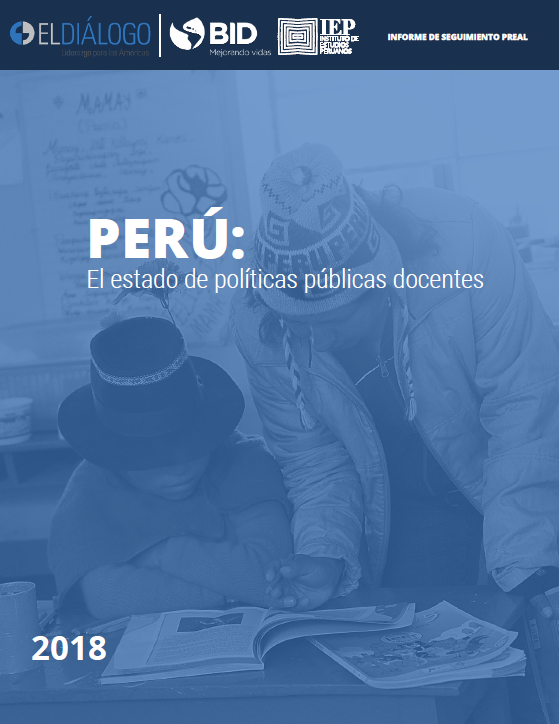Protecting Latin America’s Poor During Economic Crises
History tells us that economic crises cause large increases in poverty. The most recent economic crisis will cause Latin America’s GDP to contract around 2 percent in 2009.
This post is also available in: Español
This report (available in Spanish) from the Inter-American Dialogue and the Institute of Peruvian Studies evaluates the current state of teacher policies in Peru, a priority issue on the country’s political agenda. Over the last 15 years, the Peruvian Ministry of Education has undertaken a series of initiatives to strengthen teaching, such as revising teacher training, developing new evaluation strategies, and instating new legislation on the teaching profession that incorporates incentives for good performance. However, several challenges remain: high rates of teacher absenteeism, low salaries, and inconsistent in-service training opportunities for current teachers, among others.
To address these challenges, the report presents the following recommendations, among others.
The Inter-American Dialogue leads a project that seeks to strengthen civil society’s support of improving teacher policies in Latin America. The aim is to stimulate debate and help to build the necessary consensus for governments in the region to adopt effective teacher policies.
The first phase of the project (2013-2015) focused on teacher policies in El Salvador, Guatemala, Honduras, and the Dominican Republic. The second phase (2016-2018) is focused on teacher policies in Argentina, Costa Rica, Panama and Peru, and includes an analysis of lessons for Latin America from the educational system in Shanghai, China.
History tells us that economic crises cause large increases in poverty. The most recent economic crisis will cause Latin America’s GDP to contract around 2 percent in 2009.
The goal of education is to promote learning. Sitting in classrooms is a weak proxy for knowing how to read, do math, and apply science. Latin America needs to worry less about schooling and more about learning.
The mobilization of 70,000 students in the streets of Chile is more than just a protest for free higher education.
